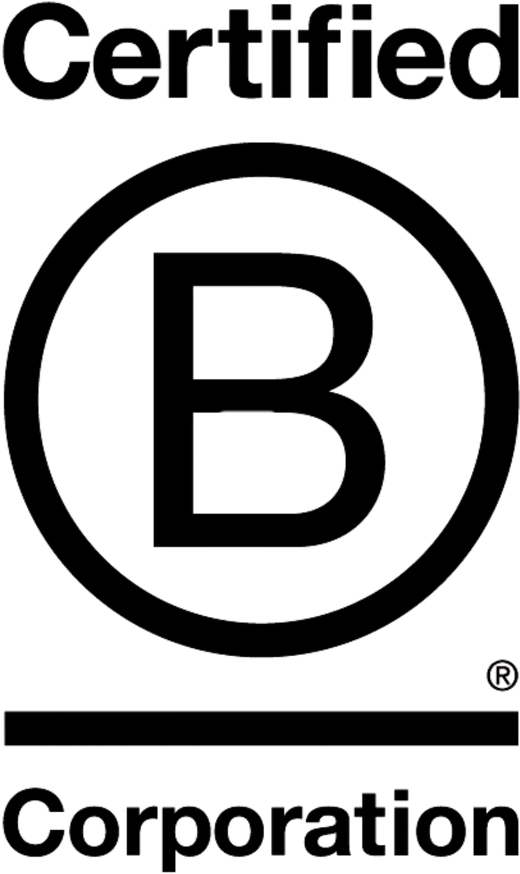

Paleo vs Keto vs Plant-Based: Everything You Need To Know
Plant Based, Paleo & Keto Diets Explained
In a crazy world of diets and cleanses, how do you decide which is best for YOU? What motivating factors push someone towards one over the other? We'll cover it all in this comprehensive guide of what it means to follow paleo, keto, and plant-based diets.Paleo
We've heard it a bunch, we've seen it written all over. What is the paleo diet all about?? The paleo diet aka “the caveman diet” is based on the belief that eating foods that were available to early humans will promote optimal health. It is believed that if you mimic hunter-gatherers, you will better support your body’s natural biological function leading to improved digestion and health. More specifically, one of the theories behind paleo is that modern food systems and production & processing techniques can be damaging to our health. Paleo allows for whole-food carbs. While paleo does restrict some carb sources, it isn't primarily a low-carb diet. The paleo diet is about the food choices. It eliminates grains, legumes, processed sugar, and most sources of dairy. So, what can you have?Main foods include:
- Meat & fat
- Eggs
- Nuts and seeds
- Fruits
- Vegetables (not corn bc its a grain)
- Selected fats and oils such as coconut oil, olive oil, avocado oil, lard, tallow, ghee/butter
- Minimally processed sweeteners, including raw honey, maple sugar, raw stevia.
Strong focus on lifestyle practices, the environmental impact of food choices and overall body wellness.
While the paleo diet is an eating plan that emphasizes whole foods and eliminates grains, legumes and most processed foods in order to improve health, the diet also has a lifestyle component that focuses on wellness practices and exercise. It encourages a specific style of exercise and mindfulness in daily activities to accompany your food choices. Specifically, paleo diet encourages incorporating short, intense periods of exercise into your routine. This style of exercise is said to reduce the stress that may come with longer, lengthy workouts. Other ways of stress reduction encouraged are yoga and meditation.
When paired with the diet, these lifestyle practices are intended to support the total wellness of your body and mind, leading to better overall health.
Keto
Keto is kind of the latest craze, with so many keto products hitting the market. As if paleo wasn't good enough, now this?! The ketogenic diet focuses on manipulating the three macronutrients, which are fat, carbs and protein. The keto diet restricts all rich sources of carbs, including starchy vegetables, most fruits, grains, sweeteners, and most legumes. Since this manipulation of the three macronutrients changes your metabolism, it can be more beneficial for quicker fat burning, mental clarity, eliminating hunger pangs, physical performance, and mood balance. So, how does it work? For you science geeks out there, here goes: most tissues in the human body prefer using the glucose from carbohydrates for energy. Ketosis is the metabolic state where your body uses calories from fat (instead of carbs), to create the energy needed to carry out its normal function.The keto diet macronutrient breakdown looks something like this:
- Fat: 60–80%
- Protein: 20–30%
- Carbohydrates: 5–10%
The purpose of achieving ketosis with this diet is to induce the metabolic breakdown of fat in your body. Therefore, it’s crucial that macronutrient intake is super controlled--otherwise you'll risk throwing your metabolism out of ketosis.
One of the main reasons that the keto diet has gained recent popularity is because of its potential to help you lose weight and improve blood sugar control.
Foods to focus on:- Seafood
- Low carb vegetables
- Cheese
- Avocado
- Meat & poultry
- Eggs
- Coconut oil/avocado oil
- Plain greek yogurt & cottage cheese
- Nuts & seeds
- Butter & cream
How is Keto similar to Paleo?
- Rely on whole food sources of nutrients
- Encourage eliminating all ultra processed foods
- Both eliminate (most) grains & legumes
- Both eliminate added sugars
- Both emphasize healthy fats
- Both may be effective for weight loss
PLANT-BASED
The plant-based diet is pretty self explanatory. This diet emphasizes plant-based foods while minimizing or eliminating animal products and processed items. Th plant-based diet followers tend to consider it more of a lifestyle than a diet, as there are many environmental/moral reasons one chooses this way of living. The plant-based diet operates on the conclusion that adopting sustainable eating habits can help reduce greenhouse gas emissions, water consumption, and land used for factory farming--which are all factors in both global warming and the degrading of the environment. It also focuses on preventative health, with the belief that eating plant-based can help prevent many diseases and cancers. Main foods to eat:- Vegetables
- Fruits
- Whole grains
- Legumes
- Seeds & nuts


